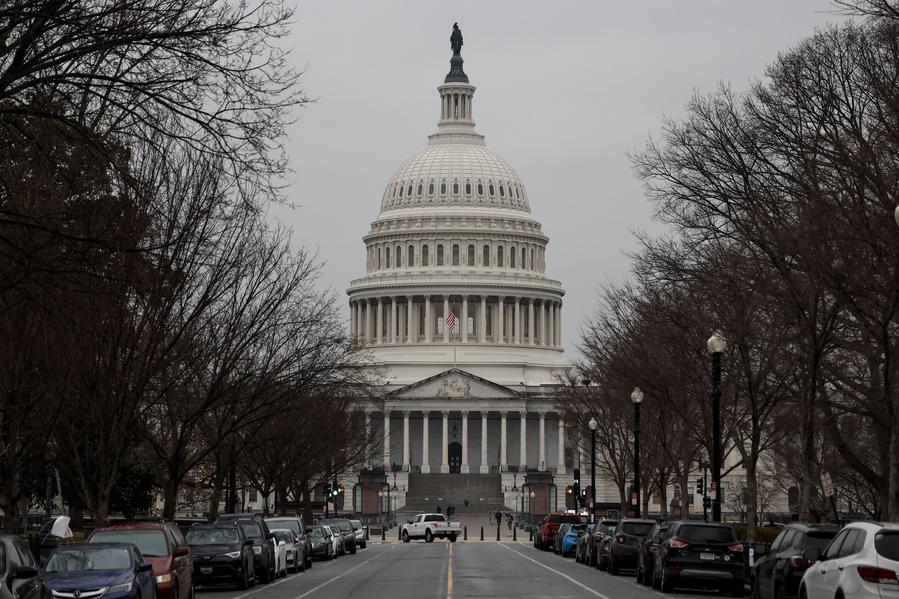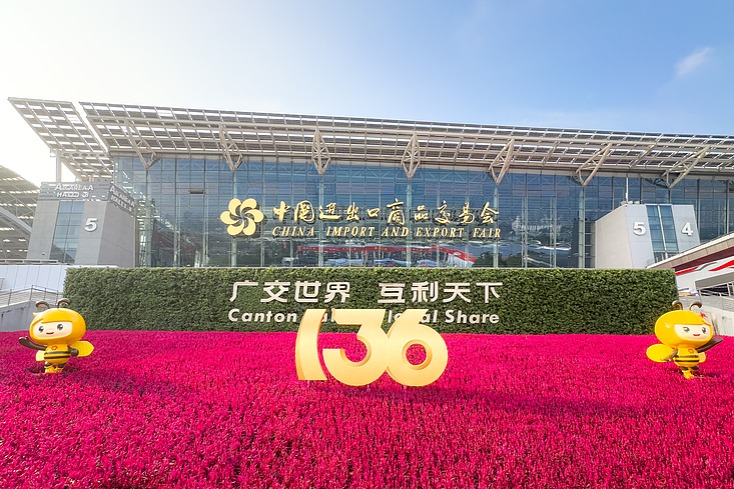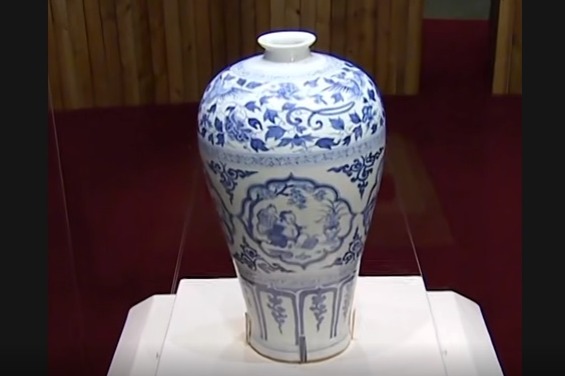Washington dumps latest scaremongering on the world
China Daily | Updated: 2024-04-22 08:22

Some US analysts link China's "overcapacity" with its international trade and believe that "lots of exported goods mean overcapacity". But this argument does not hold water.
The United States has created the false narrative that China is dumping goods on the international market. This is its latest scaremongering after its calls for "decoupling" and "de-risking" on the grounds that dependency on China created a security risk.
With this latest cry of alarm, Washington is trying to dissuade other countries from buying Chinese products.
In this way, the Joe Biden administration is trying to curry favor with voters. By sticking the "overcapacity" label on China, the US government is trying to create the necessary atmosphere to enable it to better support domestic manufacturing through protectionist policies. Recently, it proposed raising tariffs on Chinese steel and aluminum imports from 7.5 percent to 22.5 percent to gain support in the key swing state of Pennsylvania. In fact, only 3 percent of US imports of steel products from February 2022 to February 2023 came from China. Chinese steel products do not have much impact on the US' steel industry.
The true problems US manufacturers face are high production costs, lack of skilled workers and the fact that the strong dollar has led to the lack of international competitiveness of US products.
The narrative defines China's production capacity that exceeds its domestic demand as "overcapacity".But there would be no global trade in the world if countries produced only to meet domestic demand. US aircraft, chips, finance, film and television, etc, occupy most of the global market share. According to Washington's definition, these should be defined as "US overcapacity".
As long as competitive advantages are not obtained through unfair means, free trade and economic globalization should be encouraged. If there are trade disputes, they should be resolved through the World Trade Organization dispute settlement mechanism.
China does face the problem of low capacity utilization, but this is caused by the structural transformation of its economy combined with the scarring effect of the COVID-19 pandemic. In addition, due to the relative sluggishness of the real estate industry, many upstream industries also face the challenge of increasing capacity utilization. In response, China is introducing policies to expand domestic demand to absorb production capacity.
The US side is using the claim that China is dumping its excess capacity to smear China's competitive products, such as electric vehicles. The popularity of Chinese EVs is not due to the price — in overseas markets, Chinese EVs sell for about double the domestic price — but mainly their leading technology, novel design and reliable quality, which originate from the long-term inputs of Chinese EV manufacturers.
The US logic of China weaponizing "overcapacity" in global trade is totally absurd, reflecting that US armchair strategists are coming to their wit's end when it comes to their assigned task of slinging mud at China.
























